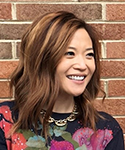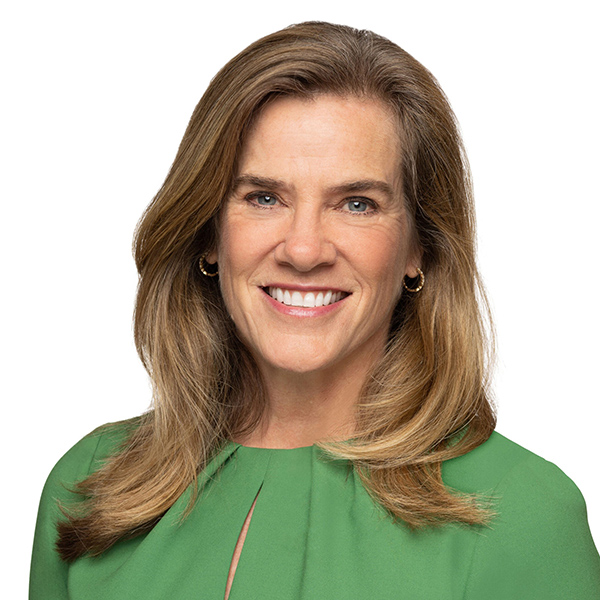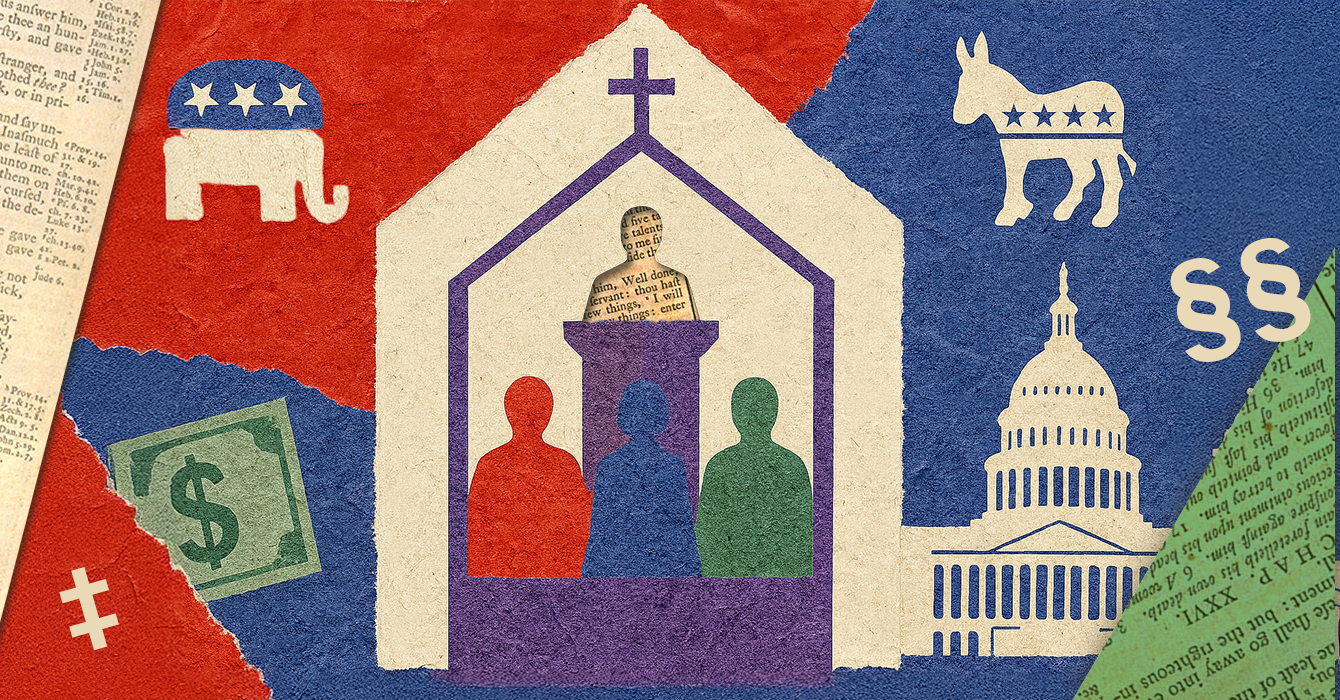On March 16, the first Atlanta spa shooting happened in the town right next to where I grew up, in the northwest suburbs of Atlanta.
I immediately reached out to a few high school friends who still live in the area to see whether they knew anything.
I thought about the women’s stories, their families and the nature of the Asian spa industry. Even though I did not know any of the women personally, I felt deeply our shared ties to the greater Asian American story, one that traverses complex combinations of colonialism, misogyny and xenophobia.
Two of the women who were killed lived in Duluth, the same town where my parents, and most of Atlanta’s Korean population, live. For the next two days, my mind raced as I tried to make sense of what was happening there and to communicate and check in with my Asian American friends.
I broke the news to my children and helped them process the shootings. They were mad and confused as to why such gun violence continues to occur -- this time so close to their grandparents’ home, where they often visit. My Asian American friends across the country were shocked and upset, grieving and processing on social media.
Rising numbers of anti-Asian incidents in the past year have been covered spottily in the U.S. media. In addition to dealing with the COVID-19 pandemic, Asians and Asian Americans have been grappling with the further plague of being spat on, attacked, robbed and yelled at to “go back to where you came from.”
Some of us had never experienced this level of violence before, while others have wondered why it took so long to be exposed. The shootings revealed another level of harm specifically toward vulnerable Asian American women.
As I pored over the news and checked in with friends in the Asian American community, waves of grief and anger became overwhelming, and we collectively wept.
And while we were still weeping, we started receiving requests.
I received an email from a white mainline church I was working for -- a one-sentence condolence, followed by a paragraph of requests to help with the upcoming Easter service.
An Asian American group I’m a part of at school received a request to help plan and implement a quickly conceived worship service of lament for the next week.
I attended a Zoom meeting that began with a white staff member crying; she then promptly wiped her tears and launched into multiple requests of me to volunteer for several big projects.
Every request was made in urgent tones to keep up with the news and in preparation for Sunday services. As I received each one, I tried to keep my tears at bay with a straight face, but I was barely functioning.
Our community was reeling from trauma, and now everyone wanted our help.
Finally, I received a request to proofread and edit a statement of solidarity from a church to the Asian American community.
The statement was multiple paragraphs, offering words of lament and grief. It included a list of resources and information about their own anti-racism group’s work -- work that did not include treatment of anti-Asian racism.
At the end of the statement, there was a section called “How to Get Involved.” Under it was simply five question marks: “?????”
To me, that was the truest sentence of the entire document.
I knew the group well enough to know that they had not even approached the topic of Asian American racial narratives in their anti-racist work, and with each paragraph I read I became increasingly agitated. This statement of solidarity was an empty performance of allyship.
My tears could no longer be held, and they burst forth.
I knew that the church wanted me to approve their wording and check that they had spelled the women’s names correctly. I knew that they wanted me to replace and resolve the question marks with my own ideas about how to get involved. But I would not.
I was seeing statements against anti-Asian violence in my social media feed with slick graphics and hashtags galore. But it seemed that many groups felt the need to overstate their solidarity when they had not done the work to explore the complex issues surrounding the Asian American community -- the long history of discriminatory immigration policies, wedge politics, the minority myth, hypersexuality and objectification, assimilation.
It took a shooting to make us visible, and now everyone urgently wanted us to explain anti-Asian racism and how to help combat it.
I felt overwhelmed by the deaths in my hometown, and empty performances of allyship struck me as disrespectful and downright insulting. Asking traumatized people to do labor for others in the midst of grief is no solidarity.
Since I had developed trust and relationship with the church over the course of a year, I knew that I could speak boldly and truthfully. I spoke the words out of love, not only for the Asian American communities, but for the church as my faith community and for the church as a whole.
“It is not solidarity to suddenly come out with a random statement when there have been no actions to back up this solidarity before now,” I wrote to them.
I decided to center my work on Asian American women and with Asian American organizations. I understood that educating and helping white communities was vital to the work of racial justice; however, I would not let that work take precedence over the grieving and healing of my own people.
I decided that I would say a holy “no” to requests that undermined that priority.
After my reply, the church curtailed the requests to serve, gave me space to grieve, and committed to praying and learning the narratives of Asian Americans.
When I did have the time and energy later, I advised them how they could be honest and transparent in both grieving the deaths of the women in Atlanta and confessing awareness of the work they still need to do.
But in the weeks after the shooting, when the grief was still overwhelming, I found safe spaces with other Asian American women first, those who knew my pain without having to ask me to explain it.
I attended a healing circle hosted by the matriarchs of Asian American theology, and we wept as they sang the songs of ancestors over all of us and prayed with us.
My friend Sung Yeon Choimorrow, the executive director of the National Asian Pacific American Women’s Forum, kept me updated on the movement from their offices in Atlanta, asking me to connect with Asian Christian communities and communicate their work on the ground.
I was so glad for the work of friends like Bianca Mabute-Louie, who had built an entire library of easily accessible educational materials through her research, newsletters and social media pages so people could do the work to educate themselves.
Asian American community members reached out through texts and emails, reminding each other to take care of themselves and sending money for food and sustenance.
We communicated all hours of the day, trying to make sense of the stories and the ethics of how we told the stories.
We were trying to take care of each other and hold each other as best we could while working for each other through our different gifts. Surviving, and weeping, together.
Interested in learning more?
Interested in learning more?
Here is a selection of Asian American-led organizations:









